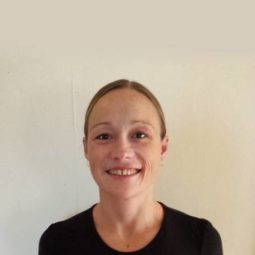Patterns of crime in everyday life:
Using big data to capture the dynamics of urban social environments

The majority of crime events in urban spaces are unplanned and take place during the course of everyday legitimate activities. Despite a long standing theoretical interest in the spatial routines that structure our daily lives, our empirical understanding of everyday, urban population dynamics and how they influence crime remains in its infancy. This empirical gap reflects a broader trend in both criminology and the social sciences where there has been a tendency to neglect the seemingly ‘mundane’, everyday, normal situation to instead focus on extreme or rare events that emerge under unusual circumstances or in times of crisis (e.g. neglecting common assault to focus on robbery or murder; ignoring behaviour during an afternoon drizzle to focus on behaviour during a flood). To better understand the dynamics of urban social environments and opportunistic crime events, future research must consider the nuances of daily routines and explore the mechanisms through which incidental encounters and social interactions facilitate the ebb and flow of crime opportunities in urban environments throughout the course of the day.
The focus of this presentation will be on the way in which big data can be utilised to better understand the nuances of ‘normal’, everyday life that serve as precursors to crime events; but can also serve as opportunities for everyday citizens to act as crime guardians. Dr Zahnow will report on recent work using ‘go-card’ smart card data, survey and mobile phone data to demonstrate ways in which big data and mobile phone data can help us to better understand the crime landscape and establish appropriate crime prevention responses that focus on empowering the public to act as informal crime guardians through awareness and education.
The Academy’s 2019 Paul Bourke Lecture by Dr Renee Zahnow is kindly hosted by the University of Queensland
